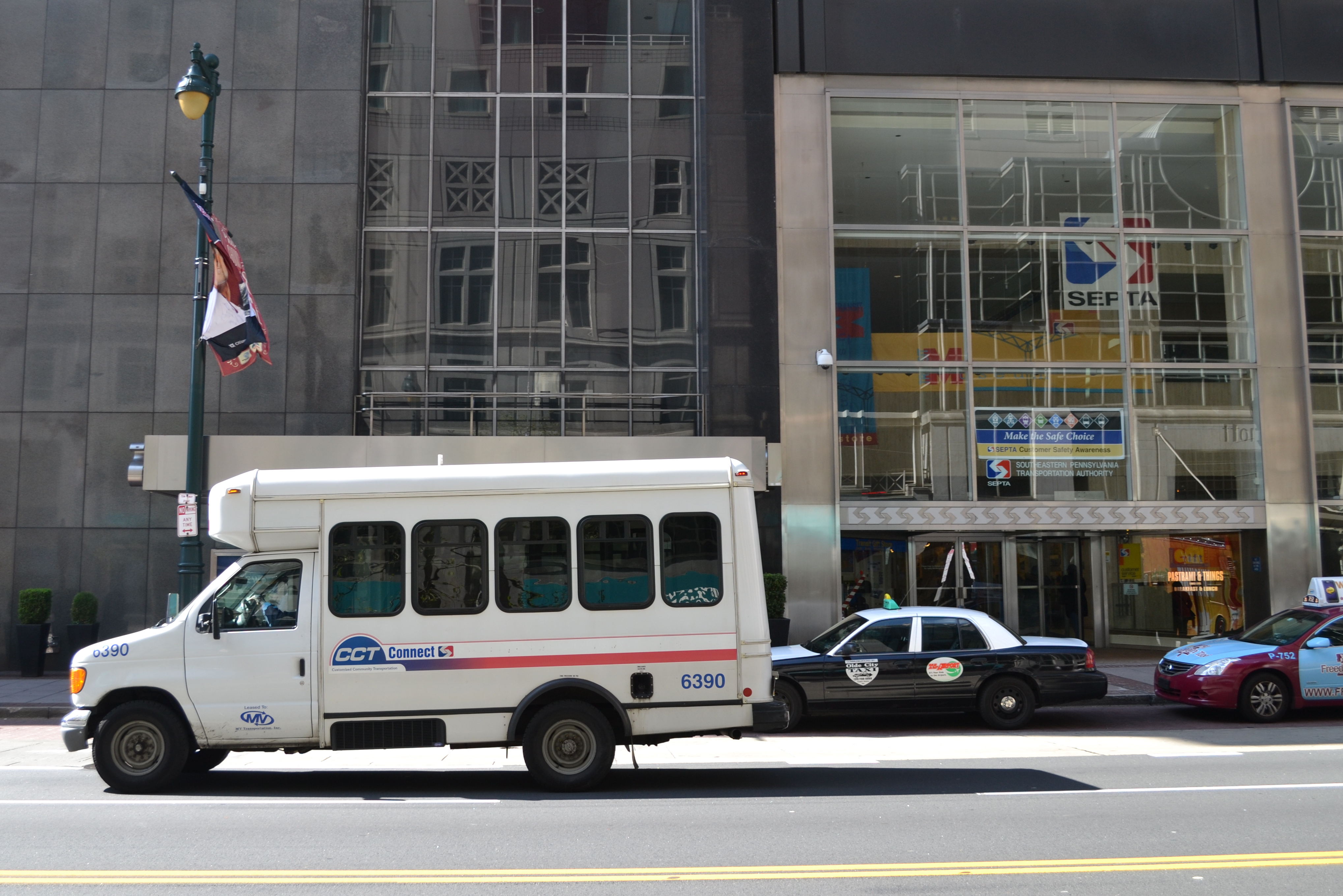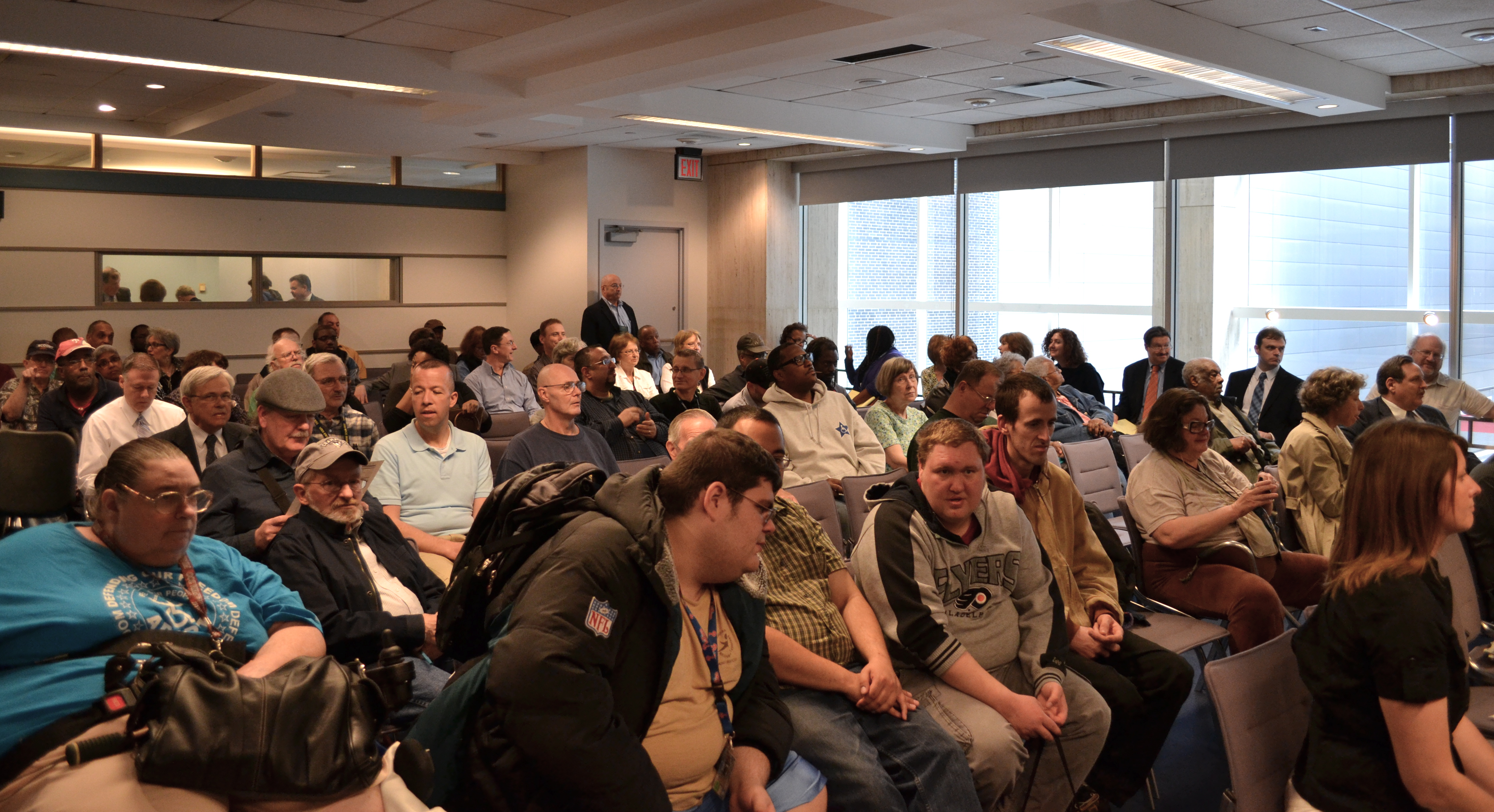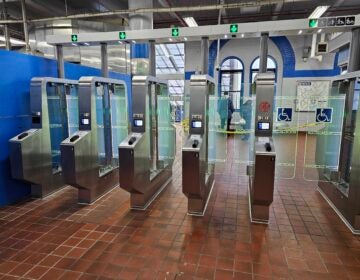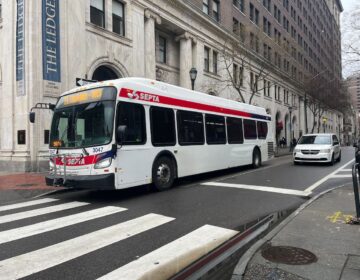Riders fear paratransit and SharedRide fare increases
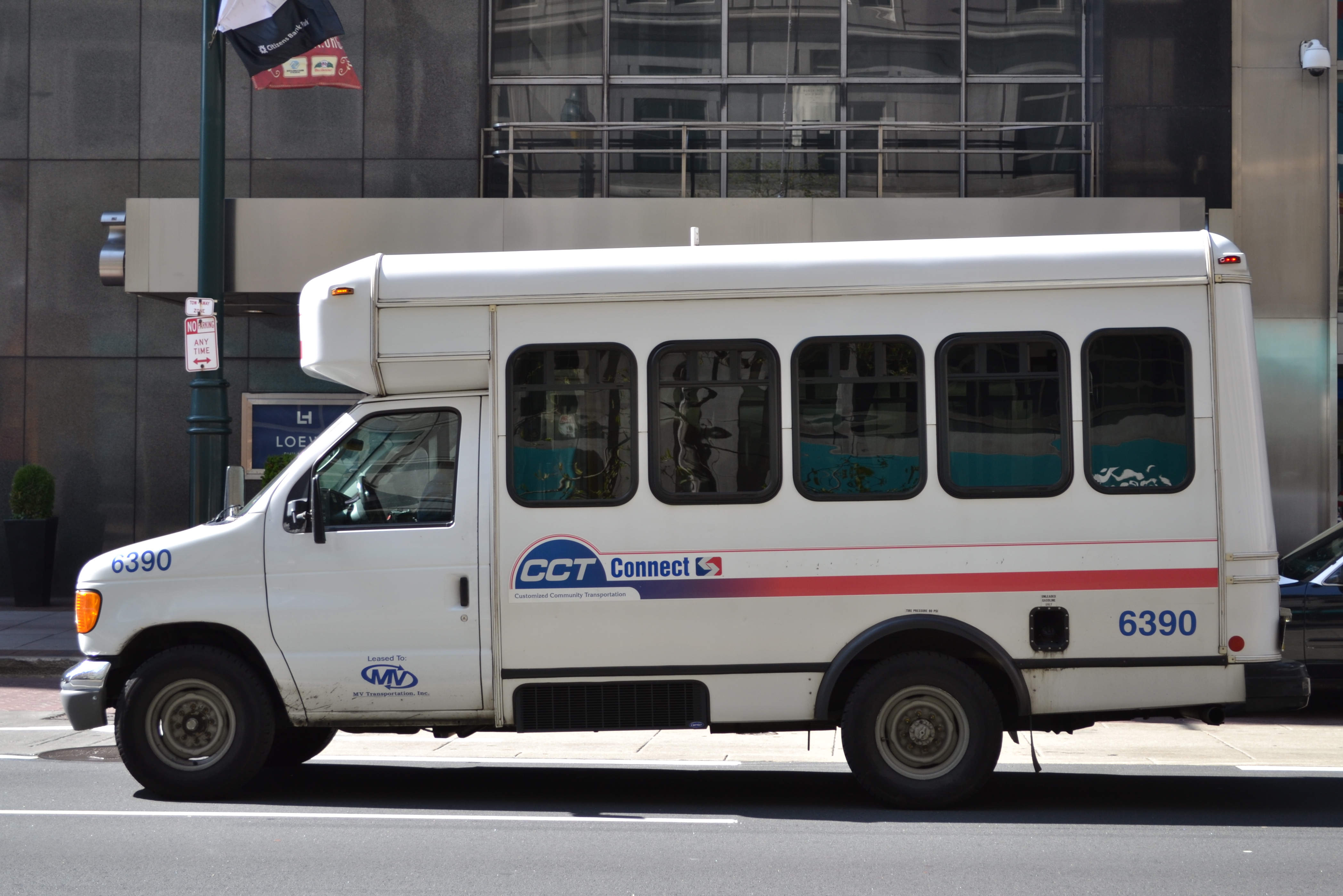
SEPTA customers fear they will not be able to afford paratransit and SharedRide service if SEPTA increases the cost of a ride from $4 to $4.50 as proposed in the preliminary fiscal year 2014 operating budget. SharedRide and paratransit customers, as well as advocates for senior citizens and disabled individuals, spoke out against the fare increase during this month’s public hearings, which sought feedback on these and other proposed fare increases.
As part of its Customized Community Transportation (CCT) program, SEPTA provides paratransit, ADA accessible bus transportation for people with disabilities in southeastern Pennsylvania. SEPTA also operates SharedRide, a door-to-door, advanced-reservation bus service for seniors living in the City of Philadelphia.
Today a SharedRide one-way trip costs four dollars. That fare covers 15 percent of the service cost. The state pays the remaining 85 percent of the service cost with money from the Pennsylvania Lottery. A paratransit ride also costs four dollars, and it can be paid in cash or with two tokens plus $0.90 or a Zone 2 or higher TrailPass.
In SEPTA’s current fiscal year 2014 operating budget proposal, the Authority plans to increase the cost of SharedRide and paratransit rides as part of system wide fare increases that impact city and suburban transit, regional rail and CCT prices.
Even with such increases, a $38 million shortfall is expected in the fiscal year 2014 operating budget. Despite successfully balancing the budget in years past, funding cuts at the state and federal level have caught up with SEPTA as it looks ahead to 2014. SEPTA is hoping the state provides some relief by passing an increased transportation funding package.
Concerned paratransit passengers
The SharedRide and paratransit fare increases are of particular concern for many residents.
Several paratransit users spoke out to say that they can barely afford the service at its current price. Many already live on a low, fixed income. Some asked how they are supposed to get to doctors appointments if they cannot afford to use paratransit.
In a statement provided to SEPTA, Rod Powell, chair of SEPTA’s Advisory Committee for Accessible Transportation said the paratransit fare increases are “going to create even greater hardship on [disabled] riders.”
“Without SEPTA, travel would be severely limited and leave us depending on others,” he said.
Seniors fear SharedRide fare increase
At a public hearing in Center City, Mareeda Perry, transportation advocate at the Center for Advocacy for the Rights and Interests of the Elderly (CARIE), said many senior citizens already have a hard time paying the four dollar fare.
“[The proposed increase] threatens to price many older adults out of the program,” she said.
Using the example of “Mrs. R,” Perry told the story of a 70-year-old woman, who lives in affordable housing on a fixed income. Mrs. R has used SharedRide for years to get to medical appointments, the grocery store and church. She values this independence. If SharedRide increases $0.50 per ride, each round trip will cost an additional dollar, and Mrs. R will not be able to afford her usual three to four weekly trips.
The fare increases could also impact social service providers.
Bruce Bornmann, program manager at the Philadelphia Corporation for Aging (PCA), spoke out against the fare increases. As the largest SharedRide sponsor in Philadelphia, PCA currently provides 460,000 rides to some of Philadelphia’s 193,000 senior citizens, 45 percent of whom are low income, Bornmann said.
If SEPTA increases SharedRide trips from $4 to $4.50, PCA will have to offer 50,000 fewer sponsored trips.
“The increases will be prohibitive to accessing vital necessities,” Bornmann said.
In addition, Bornmann said SharedRide, while crucial for many, leaves much to be desired. On-time service continues to be an issue, and the wait time for customers scheduling or checking in on a ride is notoriously long.
“This is not quality service,” Bornmann said. “…Now older Philadelphians are being asked to pay more for a mediocre service.”
Like PCA, Center in the Park, a nonprofit community center serving older Philadelphians, will have to cut 672 SharedRide trips if the price increases, said the center’s Nicole Wilson Gonsalves.
“It’s already a harsh reality that older Philadelphians have to choose between buying groceries and medicine… Now they can add transportation to this list,” she said.
When one public hearing attendee asked how the SharedRide program might be affected if Pennsylvania privatizes the lottery, SEPTA officials were at a loss for an answer. Officials at the hearing said they do not know how the SharedRide program might be affected if the lottery is sold.
SEPTA plans to review and consider all of the input gathered at the public hearings, as well as recommendations from the hearing examiner, before the fare proposal is put before the SEPTA Board later this spring.
Two public hearings remain. Both are scheduled for today in Doylestown, Pa.
WHYY is your source for fact-based, in-depth journalism and information. As a nonprofit organization, we rely on financial support from readers like you. Please give today.



